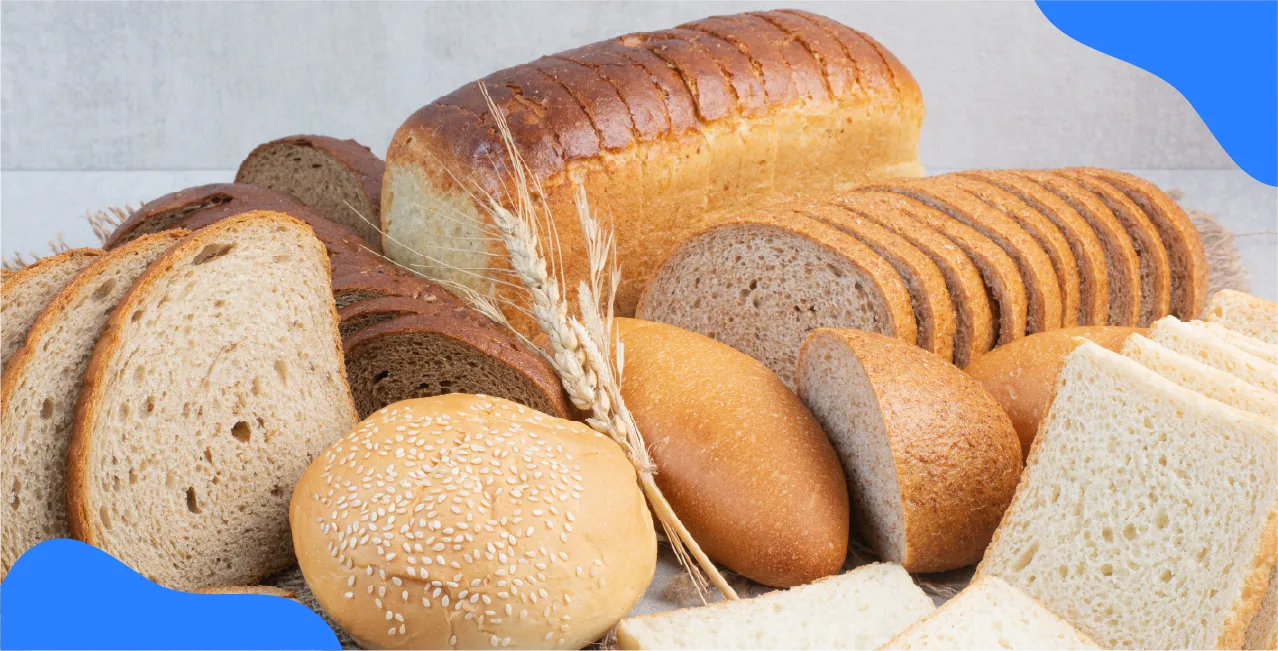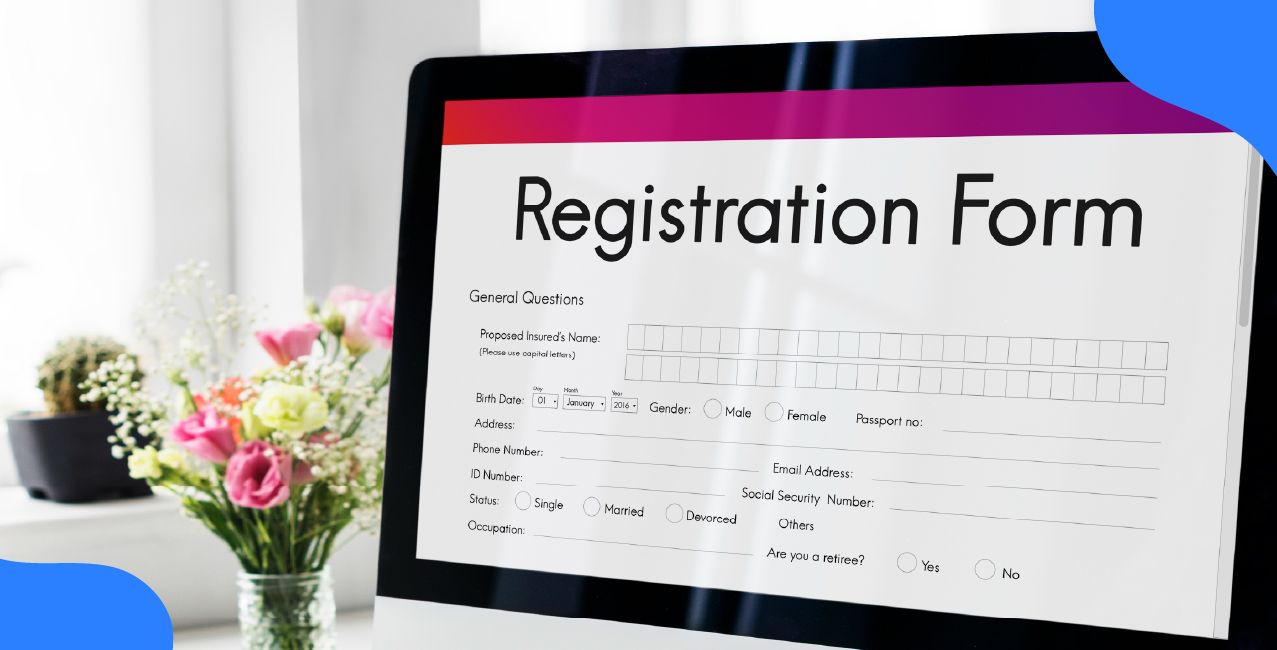
Author
LoansJagat Team
Read Time
6 Min
17 Jul 2025
GST on Bread – Taxability, Exemptions & Billing Rules
Priya, a 33-year-old home baker from Jaipur, recently expanded her weekend baking hobby into a small business. She sells plain white bread loaves for ₹50 and flavoured garlic cheese bread for ₹120, which she packages under her own brand label.
Because she sells the plain bread loose, Priya does not charge GST on it. However, the flavoured, packaged garlic bread attracts 12 per cent GST, making the final sale price ₹120, comprising a base price of ₹107.14 and ₹12.86 GST.
Since Priya’s annual turnover exceeded ₹20 lakh, she registered under GST. She now claims input tax credit on the flour, packaging, and equipment she uses.
GST on Bread – A Short Introductionth
Bread is a staple in Indian kitchens, consumed by people across all age groups and income levels. Whether bread is taxed under GST depends on several factors. Plain, unbranded bread is exempt, but value-added or branded bread may attract GST at varying rates.
Since the rollout of the Goods and Services Tax (GST) in July 2017, the government has classified various food items, including different types of bread, into distinct tax brackets based on their composition, branding, packaging, and intended use.
GST on Bread – Categories of Bread with Price and Applicable GST Rate (As per CBIC)
Important Notes:
- 0% GST applies only to plain, unbranded bread (typically from local bakeries), considered essential food.
- 5% GST is levied on most branded or packaged bread products, including pizza base, khakhra, chapatti, and rusks – all classified under HSN 1905.
- 12% GST applies to flavoured, enriched, or speciality breads (e.g., garlic/multigrain) if sold in packaged form.
- Ready-to-eat bread-based items, when served hot (e.g., garlic toast in restaurants), may attract 18% GST under restaurant services.
HSN Codes for Bread – Types of Bread with Their Respective HSN Codes
GST requires correct HSN (Harmonised System of Nomenclature) codes for classification. Below is a table of common bread types with their associated HSN codes:
Important: All forms of bread fall under HSN Code 1905, but the GST rate varies based on content and packaging.
Types of Bread and Their GST Applicability
Here’s a snapshot of different bread types and their GST treatment:
If you’re a bread seller, GST registration and invoicing are mandatory for taxable items if your turnover exceeds the prescribed limit.
Impact of GST on the Bread Industry:
The implementation of the Goods and Services Tax (GST) has significantly redefined how food products are taxed in India. While the core objective of GST was to simplify the tax structure and bring uniformity across states, its impact on the bread industry has been mixed, with both positives and pain points depending on the segment.
Positive Impact on the Bread Industry
- Exemption for Unbranded Products
Local bakeries and small-scale bread manufacturers who sell loose, unbranded bread are fully exempt from GST. This means:- No tax filing obligations under GST
- Lower operating costs
- Encouragement for micro and small bakery enterprises
- Uniformity Across India
Earlier, taxes differed from one state to another due to VAT and service tax rules. Under GST:
- There is a standardised tax rate (0%, 5%, or 12%) based on product type
- This helps businesses streamline billing, accounting, and pricing strategy across India
- Availability of ITC for Businesses
Packaged bread manufacturers or retail food chains can claim Input Tax Credit (ITC) on raw materials and services used in the production process. This reduces the overall tax burden and enhances profitability when properly managed.
Example: Arvind, a 38-year-old entrepreneur in Pune, owns “Bakewell Delights” — a bakery that sells both local white bread loaves and packaged garlic breads.
Scenario: Selling Local Unbranded Bread:
- Product: Plain white bread loaf (unbranded, fresh, sold loose)
- Price: ₹40 per loaf
- GST: 0%
Arvind doesn’t need to add GST or file GST returns on this product. His compliance costs stay low, and the entire ₹40 is his revenue.
Challenges Due to GST on Bread
- Higher Prices for Branded Products
Medium-to-large-scale companies selling packaged or flavoured breads must collect GST from customers. This either:
- Increases the Maximum Retail Price (MRP), affecting consumer demand
or - Reduces profit margins if manufacturers decide to absorb the GST themselves
- Increases the Maximum Retail Price (MRP), affecting consumer demand
- Classification Complexity
A small misstep in categorising bread correctly (for example, classifying fruit bread as regular bread) can:
- Invite penalties
- Lead to rejection of ITC claims
- Result in non-compliance notices
- Burden on Small Retailers Selling Mixed Products
Stores that sell both exempt (loose white bread) and taxable (packaged garlic bread) products must:
- Maintain separate invoices
- File GST returns carefully to claim ITC only on taxable goods
Input Tax Credit (ITC) on Bread:
Businesses involved in the production or sale of taxable bread (such as fruit bread, multigrain bread, garlic toast, packaged pizza bases, etc.) are eligible to claim Input Tax Credit on the GST paid for:
When is ITC not Available?
- If you deal only in exempted products (like unbranded loose bread), you cannot claim ITC
- If GST registration is not taken, you are ineligible for ITC — even if GST is paid on inputs
Steps to Claim ITC on Bread Products
- Register under GST as a regular taxpayer
- Maintain GST-compliant invoices from all suppliers
- File GSTR-1 (outward supply) and GSTR-3B (summary return) on time
- Match your input tax records with GST returns to avoid mismatches or denial of credit
Conclusion:
Whether you're a home baker scaling up, a small business owner at a local market, or a chain of bakeries across cities, understanding how GST applies to different types of bread is essential. While it might seem simple at first (bread is bread, after all), taxation depends on packaging, branding, and flavouring.
With correct classification, GST registration, and compliance, you can minimise legal risks, optimise pricing, and boost your profitability.
FAQs
1. Is bread taxable under GST?
Plain, unpackaged bread is exempt. However, branded, packaged, and flavoured breads are taxable under GST at 5% or 12%.
2. What is the GST rate on garlic bread?
If sold as a product in a store (pre-packed), the GST rate is 12%. If served at a café/restaurant, it can be taxed at 5%–18%.
3. Do home bakers need to register under GST?
Only if your turnover exceeds ₹20 lakhs (₹10 lakhs in special category states) or you sell taxable (branded/flavoured) bread.
4. What is the HSN code for bread under GST?
Bread and similar baked goods fall under HSN Code 1905.
5. Can I claim ITC on bread manufacturing inputs?
Yes, if you're selling taxable bread products and have a valid GSTIN, you can claim ITC on inputs.
Other Important GST Pages | ||||
About the Author

LoansJagat Team
‘Simplify Finance for Everyone.’ This is the common goal of our team, as we try to explain any topic with relatable examples. From personal to business finance, managing EMIs to becoming debt-free, we do extensive research on each and every parameter, so you don’t have to. Scroll up and have a look at what 15+ years of experience in the BFSI sector looks like.

Quick Apply Loan
Subscribe Now


